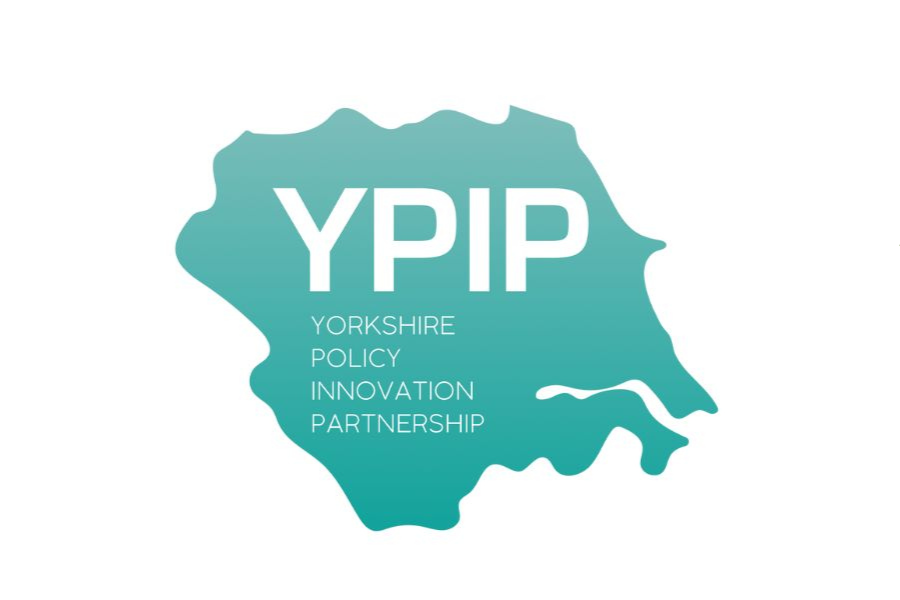This article first appeared on the Yorkshire Universities website.
The English Devolution White Paper features a series of policy proposals that are likely to have profound implications for the governance of local and regional development within England, and which will influence how and where the UK [Modern] Industrial Strategy is implemented over the coming years. The White Paper proposes the creation of ‘Strategic Authorities’ – building on the Mayoral Combined Authority (MCA) model – albeit with the option for places to establish Foundational (non-Mayoral) Strategic Authorities. The principle behind these moves rests on the assumption that the Government is encouraging partnerships of more than one local authority over a large geography.
Alongside the shift towards Strategic Authorities is the roll out of unitary rather than two-tier local government. One of the core elements of the White Paper is the introduction of spatial development strategies. The Government has also proposed giving new responsibilities and funding to the regions over innovation, skills, transport, housing, and employment, and creating new partnerships between Strategic Authorities, UK Research and Innovation, Skills England, and the Department for Business and Trade.
The Council of the Nations and Regions has been established to help facilitate and address shared territorial opportunities and cross-cutting challenges. In the ‘Plan for Change,’ the Prime Minister, Sir Keir Starmer, laid out a series of milestones for the Government’s Five Missions, and how a more dynamic state should be “less hostile to devolution and letting things go”. Bridget Phillipson’s letter to Vice-Chancellors, in the aftermath of the announcement about the increase in England in tuition fees and maintenance loans, emphasised five priorities for the HE sector, including: widening access and opportunities; economic growth; civic engagement; and efficiencies.
Universities are seeking to influence the new institutional geographies that are beginning to take root. The Universities UK (UUK) Blueprint’s Chapter on Local (and Regional) Growth illustrated the value of the HE sector’s role in ‘place’, and the report identified the importance to economic prosperity of strengthening regional collaboration, amongst universities, and between HEIs and existing and emergent devolved organisations.
The role of universities in navigating this terrain is supported by regional HE groups, such as Yorkshire Universities (YU), London Higher, Universities for North East England, Midlands Innovation, N8 Research Partnership, etc., which operate at pan-regional and regional scales, and work in unison when and where there are mutual benefits. In Yorkshire, the Devolution White Paper, launched by the Deputy Prime Minister, Angela Raynor, at Nexus, University of Leeds, further strengthens the resonance of YU’s principal mission around ‘place’, and it will provide fruitful material for Policy Fellows in the Yorkshire and Humber Policy Engagement and Research Network (Y-PERN) to harvest.
The regional Mayors recognise the value of inter-regional flows of information, intelligence and data, as illustrated by the creation of the ‘Mayoral Innovation Exchange’ – launched at Sheffield Hallam University – as a new vehicle to foster collaboration, enable innovation, and share best practice between MCAs. There is now an opportunity to unpack and explore how universities in diverse places can shape the design and delivery of devolution as it becomes more prominent within the UK’s political economy. Creating the space to cultivate and impart knowledge and experiences between universities, and amongst regional HE partnerships, could form part of the HE sector’s commitment and specific actions to support growth across the country.






